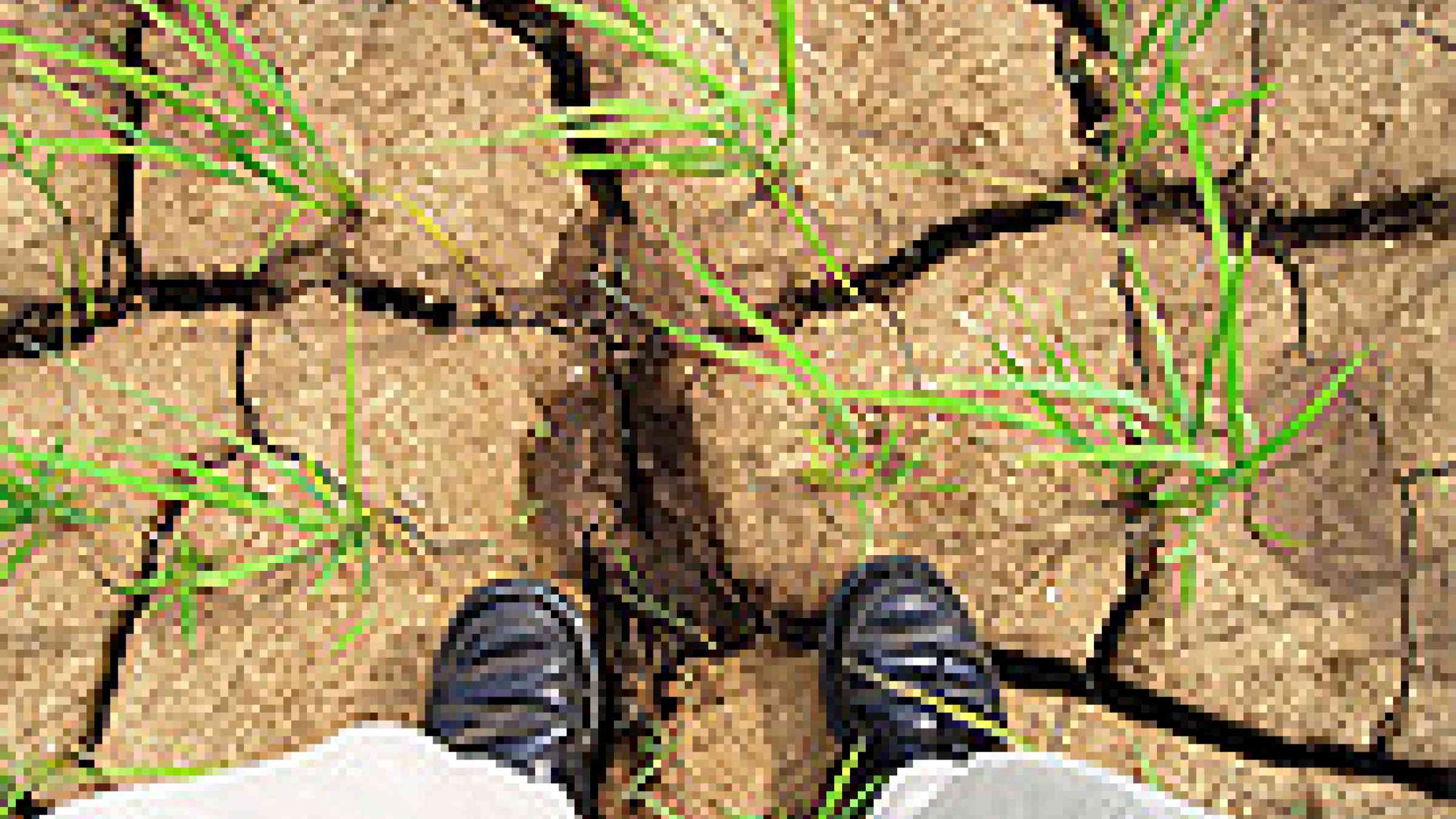IUCN: The future of water in the face of climate change

There needs to be significant investment to solve the growing water crisis that threatens water supplies and water quality for both people and nature, says IUCN. Climate change makes the search for practical solutions for water management increasingly urgent. The call for increased funding comes as more than 2500 decision makers and leaders from the global water community are meeting in Stockholm, Sweden from 5 to 11 September, for World Water Week, where the theme of this year’s conference is “Responding to Global Changes – Prevention, Wise Use and Abatement”.
“Climate change is having a significant impact on the world’s ability to ensure clean and sufficient water supplies for everyone,” says Mark Smith, Head of IUCN’s Water Programme. “At the same time, demand for energy and food is growing as economies and populations expand, driving up the demand for water. Now, more than ever, we must invest in solving the water crisis – and include investments in natural infrastructure that will safeguard water resources for people and nature.”
Dams, reservoirs, irrigation and flood barriers are important options for addressing the problems we face but the natural world also provides vital and irreplaceable tools and services for managing water supplies. Watersheds and their soils, watercourses, wetlands, aquifers and floodplains, when properly managed, provide us with infrastructure that protects and increases resilience in the face of climate change.
“People and the economy are increasingly vulnerable to impacts of climate change where watersheds and coasts are degraded,” says Ganesh Pangare, IUCN’s Water Coordinator for Asia. “It is in the natural environment, which provides critical infrastructure for climate change adaptation, that strategies for investments to reduce vulnerability will need to be made. These include maintenance and restoration of watersheds, wetlands, rivers and coasts.”
During World Water Week, IUCN is launching the publication “Negotiate – Reaching Agreements over Water”, designed to help decision makers and those working in the water industry to put together workable agreements on how to best manage water resources and how to resolve conflicts and disputes which can arise over water allocation.
“Good governance is key to solving many problems associated with water resources. Strong policies and legal frameworks, alongside coherent institutional architecture form the basis for addressing the current water crisis,” says Alejandro Iza, Head of the IUCN Environmental Law Centre.
This year the World Water Week programme also includes the 10th Anniversary of the World Commission on Dams (WCD). IUCN played an important role in its creation and implementation. Lessons and recommendations from the Commission remain relevant today and form the basis for ensuring environmental and social safeguards for dam projects.
For more information or to set up interviews, please contact:
• Nicki Chadwick, IUCN Media Relations Officer, t +41 22 9990229, tel: +41 795283486, email: nicki.chadwick@iucn.org
• Claire Warmenbol, IUCN Water Programme, tel: + 41 794041973, email: claire.warmenbol@iucn.org